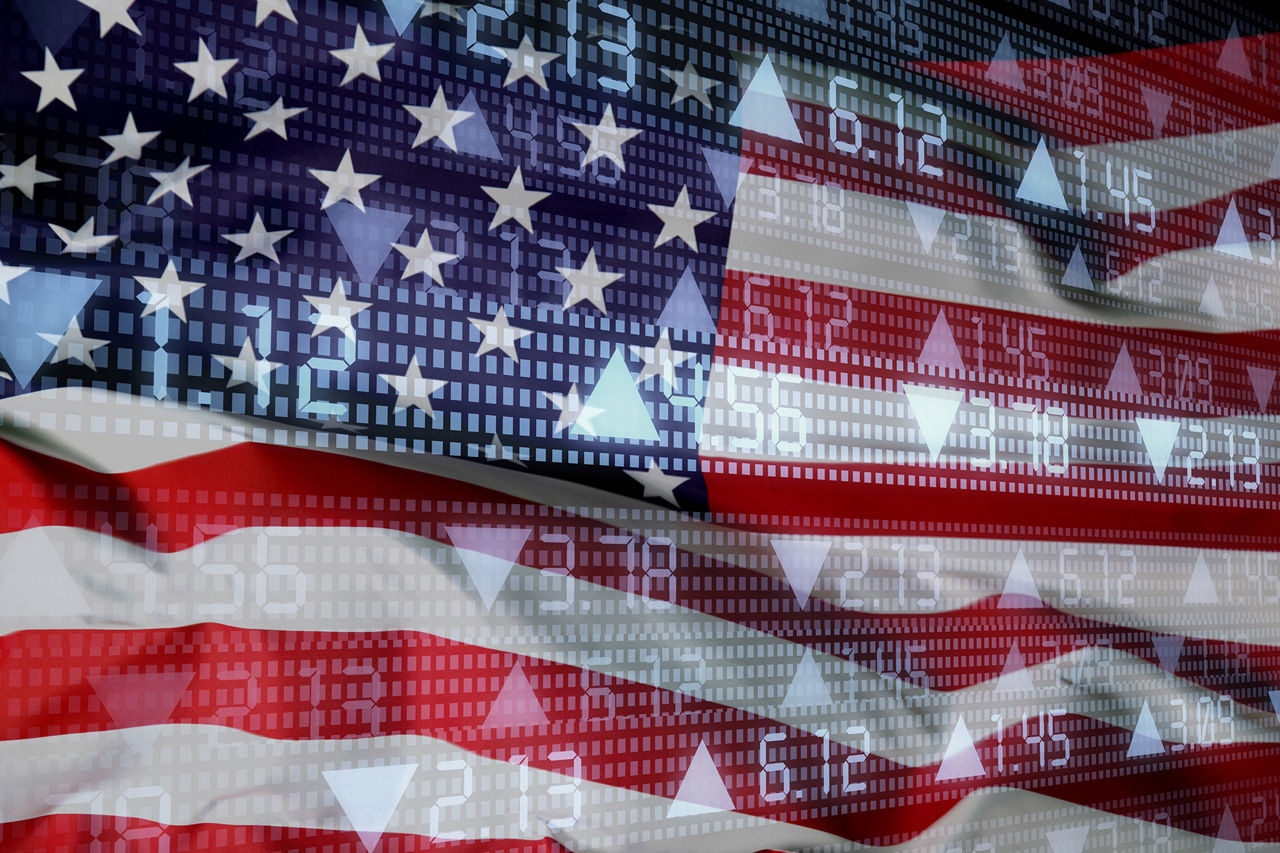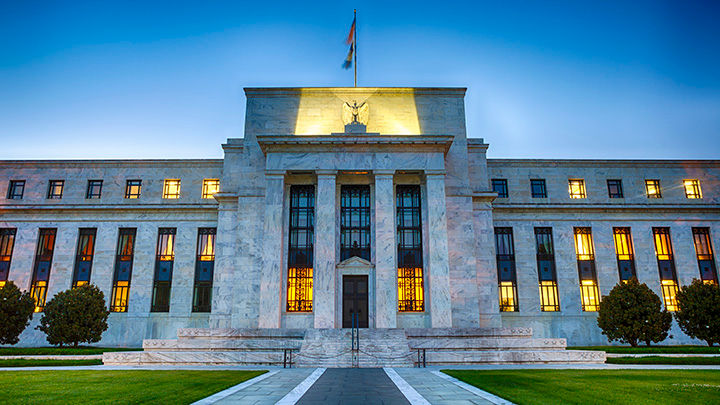The Federal Reserve's favorite measure of US inflation presented a mixed bag in January, as investors also keep an eye on budget negotiations in Washington. The core personal consumption expenditures (PCE) price index rose 2.8% year-over-year, compared with 2.9% in December, according to data published on Thursday. Including food and energy costs, PCE inflation eased to 2.4% from 2.6%. As they debate the timing of planned rate cuts, Fed officials have preached patience amid signs of firm price pressures and resilient economic activity of late. The PCE report showed that while consumer spending slowed in January after a strong December, core inflation accelerated to 0.4% from 0.1% on a monthly basis. With unemployment low and inflation still above the central bank's 2% target, "there is no need to preemptively adjust the stance of policy," Kansas City Fed President Jeffrey Schmid said on Monday.
Meanwhile, Congress is once again racing against the clock to hammer out a budget deal. Top lawmakers agreed on Wednesday to put forward a short-term spending bill that would avert a partial government shutdown this weekend and delay a pair of funding deadlines. The talks come as the US federal debt stands at more than $34 trillion and continues to rise. The amount of debt held by governments around the world can limit their ability to fund public programs, invest in areas like manufacturing and technology, and respond to future crises—potentially creating risks to future economic growth and financial markets. A new episode of The Outthinking Investor podcast considers the challenges investors face in an era of big spending.
You may also like
-
Fears Shift from Inflation to Lackluster GrowthInvestors are gauging the prospects for monetary policy, the global economy, and US policies following next month's elections.
Read More
-
Fed Officials on Alert for Potential Inflation RisksFederal Reserve officials said this week they continue to weigh potential risks to inflation and the broader US economy.
Read More
-
Fed Stands Pat as Fight Against Inflation Drags OnThe Federal Reserve left interest rates unchanged and signaled that a recent lack of progress on the inflation front calls for borrowing costs to remain high.
Read More




